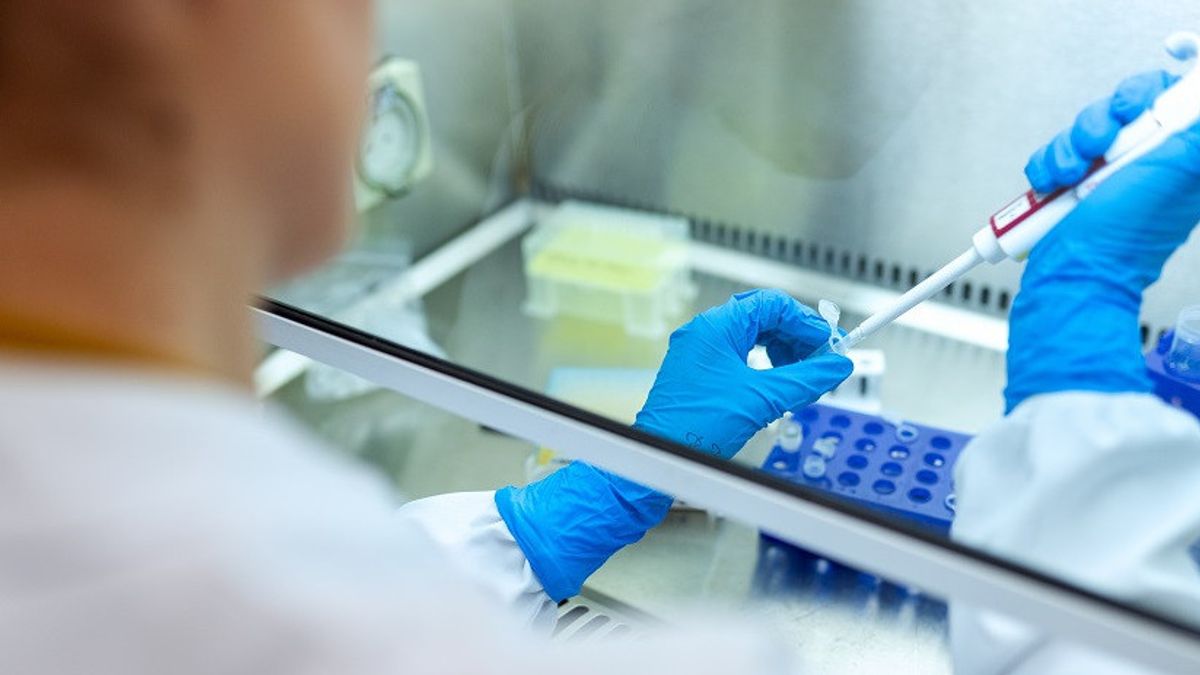JAKARTA - Scientists in Beijing are developing a new gene therapy that can reverse some of the effects of aging in mice, extending their lifespan. Findings that might someday contribute to similar treatments for humans.
The method involves deactivating a gene called kat7 which scientists have found to be a major contributor to cell aging. The findings are detailed in a paper in the journal Science Translational Medicine early January 2021.
The specific therapy they used and the results were a world first, said project co-supervisor Professor Qu Jing, 40, a specialist in anti-aging and regenerative medicine at the Institute of Zoology at the Chinese Academy of Sciences (CAS).
“These mice appeared after 6-8 months overall improving their appearance and grip strength. And most importantly, they have extended their lifespan by about 25 percent”, said Qu.

A team of Biologists from various CAS departments used the CRISPR/Cas9 method, to screen out the thousands of genes that are powerful drivers of cellular aging, a term used to describe cell aging.
"They identified 100 genes out of about 10,000, and kat7 was the most efficient at contributing to cell aging", said Qu.
Kat7 is one of tens of thousands of genes found in mammalian cells. The researchers deactivated it in mouse livers using a method called lentiviral vectors.
"We recently tested the function of genes in different types of cells, in human stem cells, mesenchymal progenitor cells, human liver cells and mouse liver cells and for all of these cells we saw nothing detected". Cellular toxicity. And for mice, we haven't seen any side effects either", said Qu.

Even so, Qu admits that this method is far from being ready for human trials. Further research is needed, including in other preclinical animals.
"It is still necessary to test the function of kat7 in human cell types and other organs of mice. That includes other preclinical animals before we use them to treat human aging or other health conditions", he said.
Qu hopes that in the next trial of this method he can use primates. Although it is realized this will require a lot of funding and more initial research first.
"Ultimately, we hope to find a way to delay aging even by a very small percentage in the future", he concluded.
The English, Chinese, Japanese, Arabic, and French versions are automatically generated by the AI. So there may still be inaccuracies in translating, please always see Indonesian as our main language. (system supported by DigitalSiber.id)













